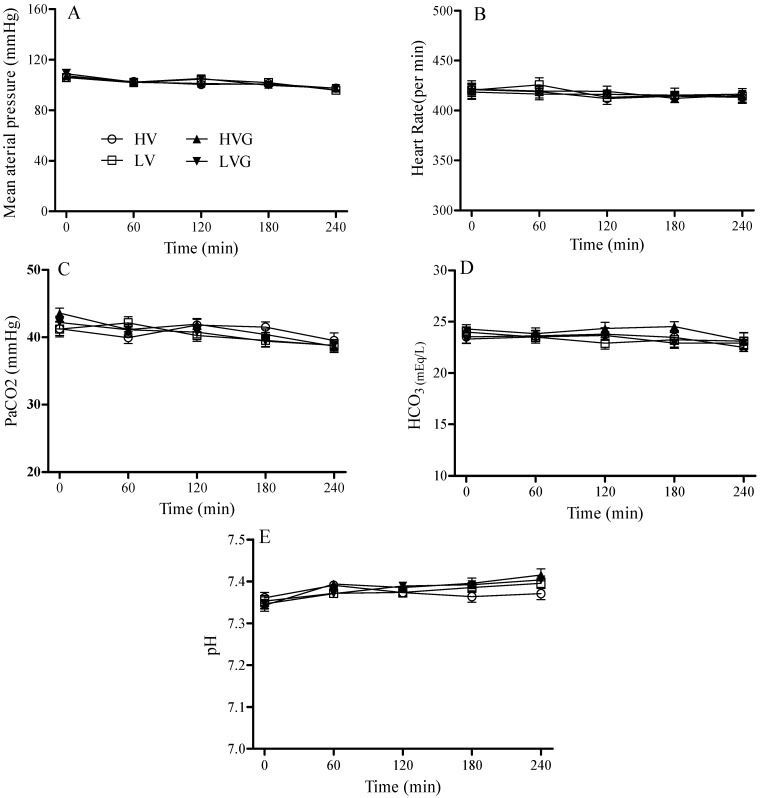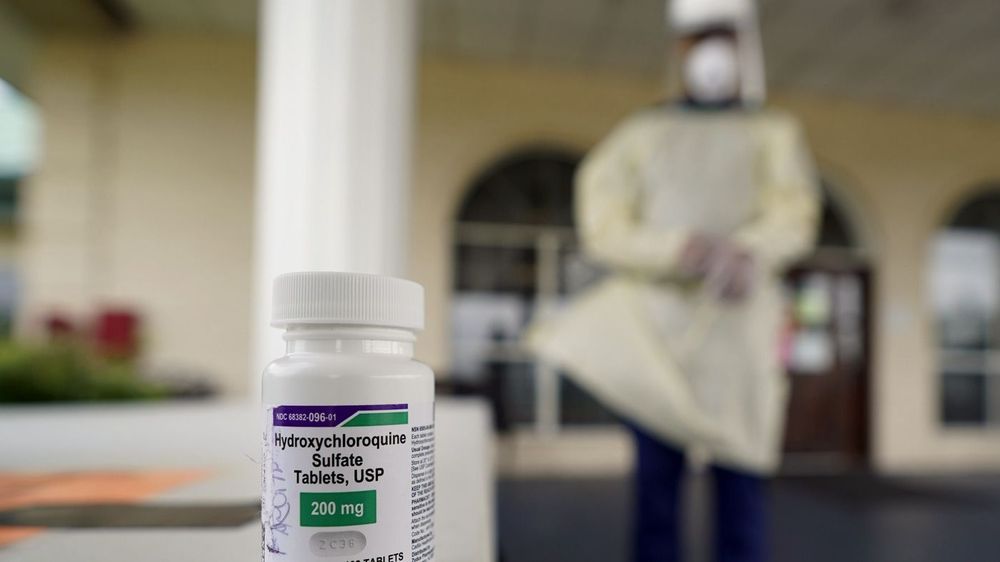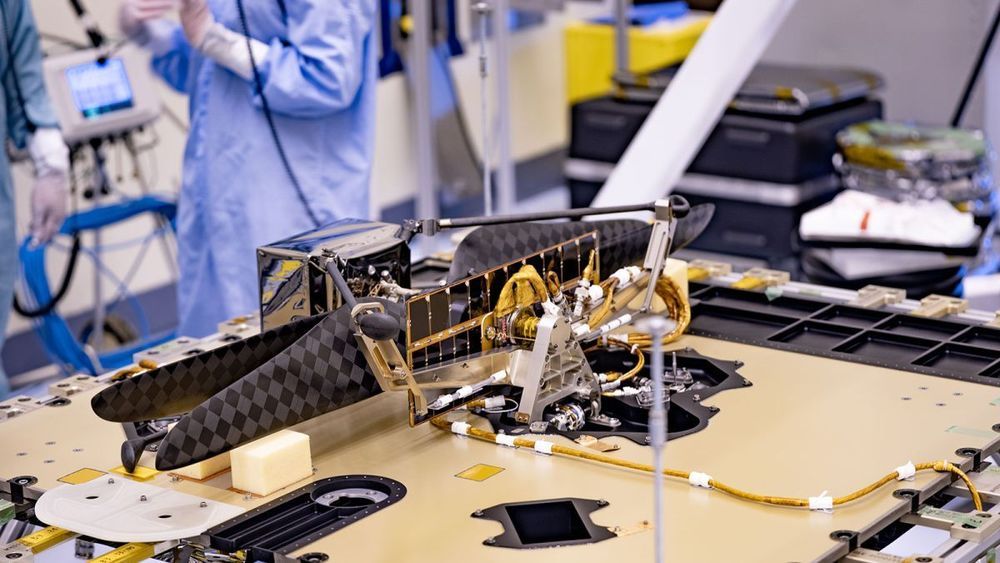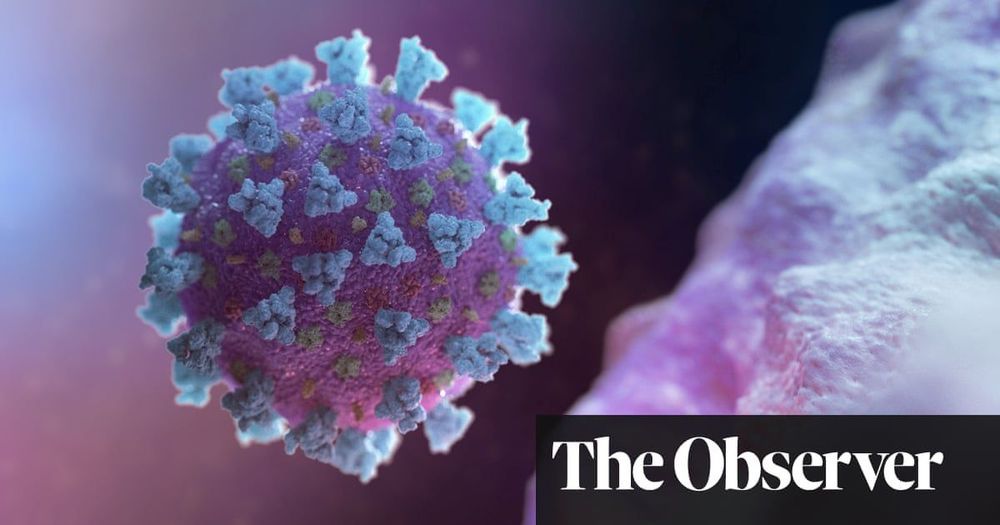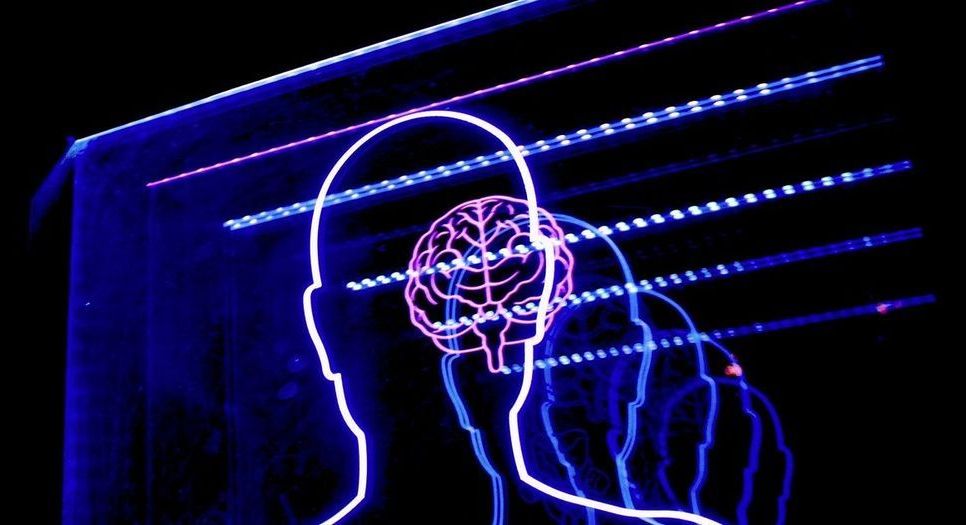Inadequate ventilator settings may cause overwhelming inflammatory responses associated with ventilator-induced lung injury (VILI) in patients with acute respiratory distress syndrome (ARDS). Here, we examined potential benefits of glutamine (GLN) on a two-hit model for VILI after acid aspiration-induced lung injury in rats. Rats were intratracheally challenged with hydrochloric acid as a first hit to induce lung inflammation, then randomly received intravenous GLN or lactated Ringer’s solution (vehicle control) thirty min before different ventilator strategies. Rats were then randomized to receive mechanical ventilation as a second hit with a high tidal volume (TV) of 15 mL/kg and zero positive end-expiratory pressure (PEEP) or a low TV of 6 mL/kg with PEEP of 5 cm H2O. We evaluated lung oxygenation, inflammation, mechanics, and histology. After ventilator use for 4 h, high TV resulted in greater lung injury physiologic and biologic indices. Compared with vehicle treated rats, GLN administration attenuated lung injury, with improved oxygenation and static compliance, and decreased respiratory elastance, lung edema, extended lung destruction (lung injury scores and lung histology), neutrophil recruitment in the lung, and cytokine production. Thus, GLN administration improved the physiologic and biologic profiles of this experimental model of VILI based on the two-hit theory.
Keywords: acid aspiration, ARDS, glutamine, ventilator-induced lung injury.
Acute respiratory distress syndrome (ARDS) is a catastrophic syndrome among critically ill patients. One of its major causes is acid aspiration as an initial pneumonitis that may be complicated by subsequent bacterial pneumonia after inhaling low pH gastric fluid [1, 2, 3, 4]. Gastric fluid aspiration frequently occurs in trauma or critical patients with head trauma, alcohol or cerebrovascular accidents, and is also a complication of general anesthesia that occurs in 1 in 2000–3000 cases when anesthetics are used [3, 4].
